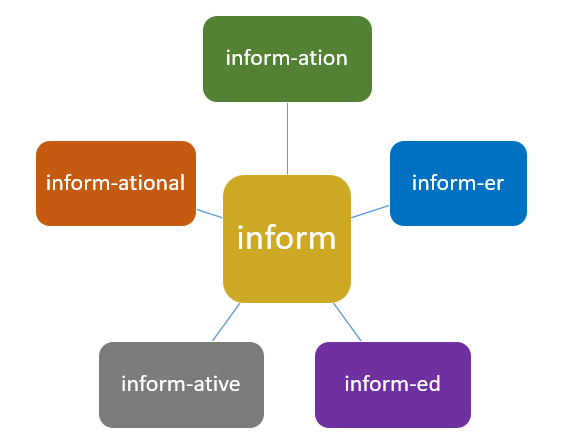Building your English vocabulary is essential to improving fluency. That is a fact. If you do not know words, you cannot say much. The more words you know, the less time you need to think of what to say in a conversation. When you have a small or limited vocabulary, you will have to pause to think. Those pauses make you look bad; they make you look and sound like someone who has no confidence or communication skills.
Now ask any person or an English teacher about how you can build your English vocabulary and you will hear the same tips such as “you should read books”, “use a dictionary”, “listen to songs”, “watch movies” etc. While these are all true, none will build your vocabulary fast enough, especially when you are preparing for an English exam like the IELTS, PEARSON or TOEFL. Before I give you my tip, let me tell you why building your vocabulary is challenging and difficult particularly for adults. It’s memory. And I hate to be the one breaking it to you, but we, as adults, can no longer remember new sounds or retain information as easily as children can. I’ve got a 10-year-old daughter who reminds me of that every single day. Now, “what do sounds have to do with anything?” you might curiously ask. Well, sounds obviously matter. If you teach me how to say the word “table” in 2 languages, Spanish and, say, Vietnamese, which word “table” do you think I’m more likely to remember? Obviously Spanish. Why? Because as an English speaker I’m more familiar with the sounds of the Spanish language than with the sounds of the Vietnamese language, Thai language, or Chinese language. So, as it turns out, being familiar with the sounds of the language makes it easy for your brain to keep and store the information that’s encapsulated in sound codes, because that’s what the spoken language is; it’s information or meanings coded with sounds, and what your brain does is decode the sounds so that it can figure out what it is that the other person is saying. Now, the whole process is seamless between speakers of the same language, which is why communicating in your first language is easy and effortless, but when we do this in a foreign language, then every word, phrase or sentence could become a challenge if your brain is not trained to decode the sounds. With that in mind, English learners need to find a way to build their English vocabulary by reducing the memory overload as much as possible. Now let us see how we can do that.

Let us assume you just learned a new word. The word is [information]. It is easy to remember the word [information] because wherever you go, you find [information]. You receive [information]. You ask for [information]. After all, [information] is important. So [information] has now become part of your vocabulary and memory. Therefore, it would only make sense that your memory would more easily recognize, that is decode, the word [information-al] or [inform-ative], which are slightly different, than, say, [illuminating] or [instructive]. Your memory would also then find it much easier to decode and thus retain the word [inform-ed] than say [aware] or [knowledgeable]. Naturally, your memory would love to welcome the word [inform] instead of [notify]. How about [informatively] and [informer]?
What happened in the scenario above was that due to your familiarity with both the sounds and concept of the word [information], you were also easily able to learn and remember the verb [inform], the adjectives [informed], [informative] and [informational]. That is an example of how 1 word can help you add 4 new words onto your repertoire.
WATCH THE VIDEO NOW


